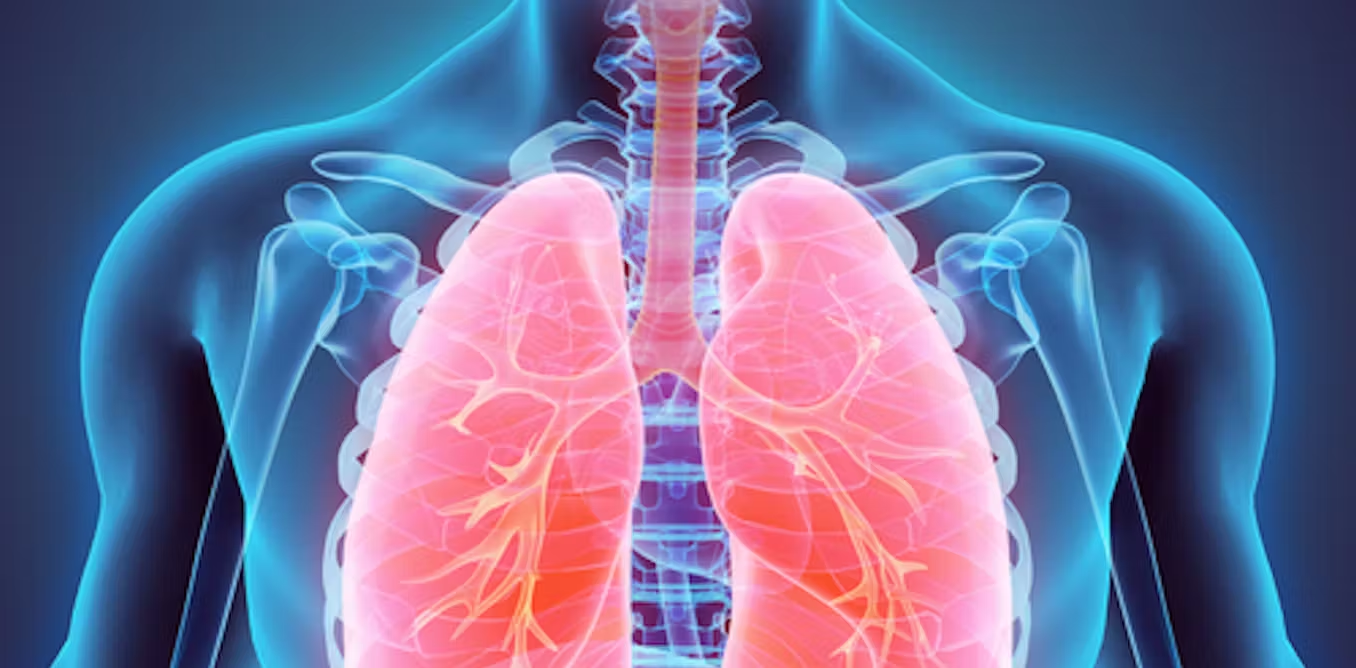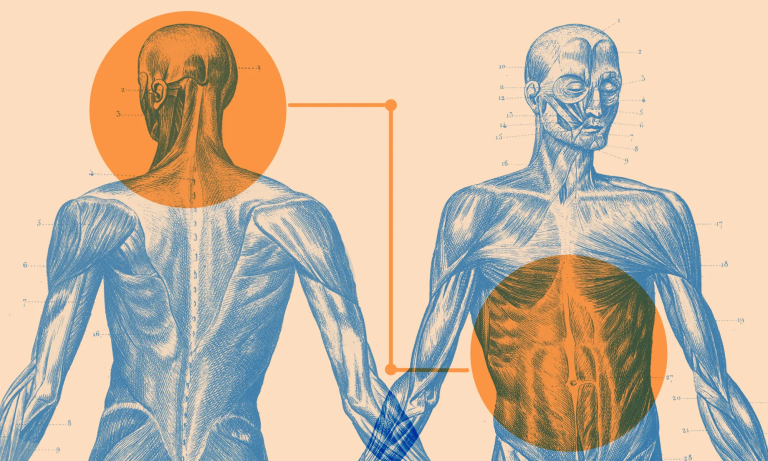
Each time you take a breath, your lungs engage in much more than exchanging oxygen and carbon dioxide. Deep inside the alveoli (those tiny sacs where gas exchange happens), a sophisticated immune defense quietly works. Specialized cells called alveolar macrophages patrol the lung surface, capturing dust, microbes, and harmful particles before they can trigger inflammation. This frontline defense is essential — research from immunology labs shows that people born with defects in those macrophages suffer repeated lung infections. My friend who works in pulmonary medicine says that these macrophages are like silent firefighters: they extinguish smoldering threats before you even know there’s a flare.
But what happens when this system is compromised or overwhelmed? That’s where the risk lies: exposure to pollutants, smoking, or even long-term viral infections can overload these immune cells, impairing their function. The result can be chronic inflammation, scarring (pulmonary fibrosis), or increased susceptibility to respiratory failure. Recent peer-reviewed studies show that restoring macrophage health can reverse early stages of damage in lab animals. Clinicians are now exploring therapies to boost this immune subset, signaling hope for patients with lung disease.
Why does this matter for you? Because even everyday behaviors — like avoiding heavy air pollution days, not smoking, maintaining good indoor air quality — can help protect your alveolar macrophages. Simple preventive steps, backed by medical research, preserve this vital defense. When you think about lung health, remember: the lungs are not just breathing machines; they are guardians against microscopic invaders. Taking care of them is not about avoiding coughing — it is about honoring one of your body’s deepest, quietest immune commitments.







